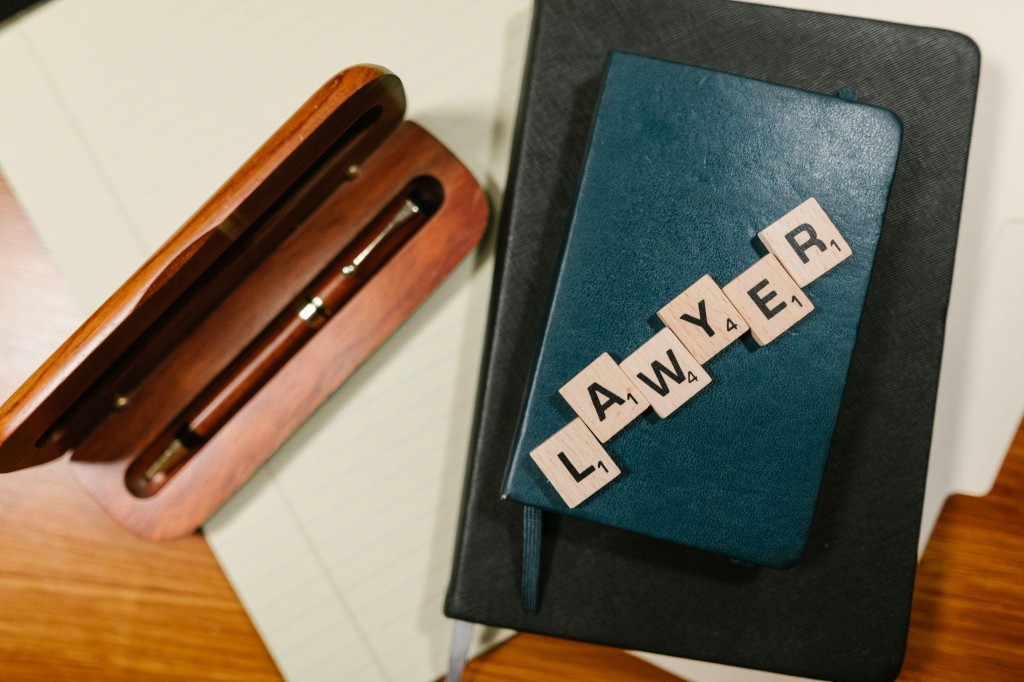NEWS
Why You Shouldn’t Settle for Less: Understanding Personal Injury Compensation

In the realm of personal injury cases, it is crucial to understand the significance of not settling for less when seeking compensation. Personal injury compensation ensures not only the financial support required to overcome the physical and emotional consequences of an accident but also serves as a means of holding accountable those responsible for the harm inflicted.
This essay aims to provide a formal and in-depth analysis of 10 crucial factors that one must comprehend regarding personal injury compensation.
Understanding Liability
Understanding liability in personal injury cases is of utmost importance in the legal field. Liability refers to the legal responsibility that an individual or entity may have for causing harm or injury to another person. In personal injury cases, the injured party, also known as the plaintiff, must prove that the defendant, the party allegedly at fault, had a legal duty of care and breached that duty, resulting in the plaintiff’s injuries. Liability can be established through various factors, including negligence, intentional wrongdoing, or strict liability.
As personal injury cases can encompass a wide range of incidents, such as motor vehicle accidents, medical malpractice, or workplace injuries, understanding liability is crucial for all parties involved in these cases. Understanding liability in personal injury cases requires a comprehensive analysis of the facts, law, and evidence. The process involves determining the duty of care, breaching that duty, and proving causation between the defendant’s actions and the plaintiff’s injuries.
Evaluating Damages
Evaluating damages in personal injury cases is a critical process that aims to determine the fair compensation a victim should receive for their physical, emotional, and financial losses. This assessment, conducted through formal legal procedures, seeks to provide just recompense for the harm endured due to someone else’s negligence or intentional wrongdoing.
Evaluating damages in personal injury cases is a complex and critical undertaking that requires careful consideration of both economic and non-economic factors. It necessitates a thorough examination of medical records, financial documents, expert opinions, and legal precedents. While quantifying economic damages may be less subjective, accurately assessing non-economic damages, such as pain and suffering, can be more challenging. However, by employing appropriate methodologies, incorporating individual circumstances, and adhering to specific jurisdictional regulations, the evaluation process can provide fair compensation that aims to restore the victim’s physical, emotional, and financial well-being.
Recognizing Long-Term Implications
Personal injury cases can have significant long-term implications on the lives of those involved. While immediate concerns may relate to medical expenses and pain and suffering, the consequences of such incidents can stretch far beyond the immediate aftermath. Firstly, individuals may face long-lasting physical disabilities or impairments, which can restrict their ability to work or engage in daily activities.
Secondly, mental and emotional trauma resulting from the incident can have lasting effects on their psychological well-being. Moreover, the financial burden of ongoing medical treatments and rehabilitative services can be considerable. As a society, it is essential to recognize and address these long-term implications, ensuring adequate support and resources are available to those affected by personal injury cases.
Legal Expertise
Engaging a specialized personal injury attorney is crucial for understanding the full extent of the injury and calculating an appropriate compensation amount. It is ideal to consult with someone that is familiar with the laws in your local area. If you live in Nevada, USA, it will be beneficial to seek the expert support of reliable personal injury lawyers in Las Vegas, for instance. An attorney provides valuable legal advice and negotiation capabilities, increasing the chances of receiving fair compensation.
The Importance of Documented Evidence
Gathering and preserving evidence related to the accident, such as medical records, police reports, witness testimonies, and photographs, strengthens the claim’s validity. Without substantial evidence, settling for less becomes more likely, compromising the injured party’s rights.
Assessing Contributory Fault
Assessing contributory fault in personal injury cases is an essential aspect of the legal system, aiming to determine the degree of fault borne by each party involved. This evaluation is crucial for achieving fair and just outcomes, as it helps establish the extent to which a plaintiff’s negligence contributed to their injury. Often, a comparative negligence approach is employed, where the court assigns a percentage of fault to each party based on their actions.
This assessment involves a thorough examination of evidence, witness testimonies, and expert opinions. Furthermore, legal precedent and statutory guidelines are considered to ensure consistency. By assessing contributory fault, the court can deliver equitable judgments and promote accountability in personal injury cases.
Statute of Limitations
Each jurisdiction has a statute of limitations that sets a time limit within which a personal injury claim must be filed. Failing to meet this deadline may eliminate the opportunity to seek compensation entirely. Settling for less without fully understanding the legal timeline can have severe consequences.
Negotiations with Insurance Companies
Negotiating with insurance companies in personal injury cases is a formidable task that requires a comprehensive understanding of the intricacies involved. As a formal process, it demands a systematic approach to guarantee a fair settlement. Firstly, both parties should recognize the importance of legal representation to level the playing field. Insurance companies may attempt to downplay or undervalue the extent of injuries and associated costs.
Therefore, injured parties should meticulously document all medical records and expenses to present a persuasive case. Additionally, a thorough understanding of insurance policies and precedents is vital when engaging in negotiations. Being well-informed about legal strategies and having a persuasive argument based on solid evidence will significantly enhance the prospects of a successful resolution in personal injury negotiations.
Valuing Emotional Distress
Personal injuries often result in emotional distress, such as anxiety, depression, post-traumatic stress disorder, or loss of enjoyment of life. Settling for less disregards the emotional toll and fails to compensate adequately for intangible losses.
Championing Justice and Accountability
By refusing to settle for less, injured parties can hold responsible individuals or entities accountable for their negligent actions, promoting a safer society and preventing future harm to others. Seeking appropriate compensation not only benefits the individual but also serves as a public service.

When dealing with personal injury cases, understanding the ten aforementioned factors is vital to prevent settling for inadequate compensation. Recognizing one’s rights and seeking fair redress ensures proper financial support, addressing long-term effects and emotional distress caused by the injury. Engaging competent legal representation helps navigate the complexities of personal injury law, enabling individuals to effectively advocate for themselves and hold accountable those responsible for their suffering. In summary, refusing to settle for less is essential for obtaining justice and creating a safer society for all.










